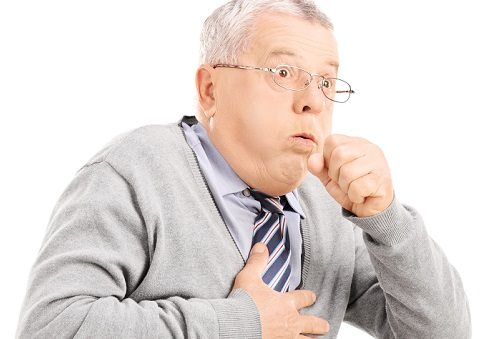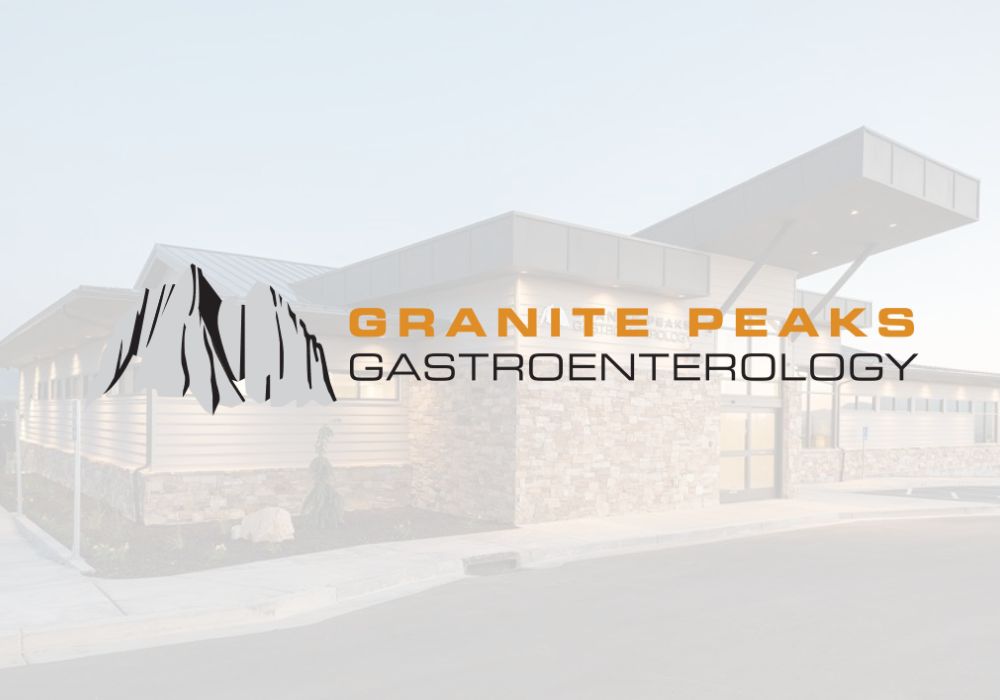Eosinophilic esophagitis (EoE) is an allergic condition of the esophagus that affects both children and adults. Initially described in the 1960 and 1970s, the incidence rate has increased dramatically. Regional variations across the United States and globally show a higher prevalence of EoE in cold and arid climates compared to tropical climates. There is also a strong association between EoE and allergic conditions such as food and environmental allergies, asthma, and allergic/atopic dermatitis.
EoE Symptoms and Diagnosis
Adults with Eosinophilic Esophagitis frequently report chest pain, difficulty swallowing food, getting food stuck in the throat/esophagus while eating, heartburn, or upper abdominal pain. The condition is suggested by these symptoms; however, in order for the correct diagnosis to be established, an upper GI endoscopy is required. This procedure, known as an EGD or esophagogastroduodenoscopy, is a safe and short procedure performed under sedation where the esophagus and stomach are examined visually and biopsies can be taken. During the procedure, scar tissue rings that can form as a result of the allergy can be stretched or dilated. This is one of the treatments for the condition. It is also recommended that patients with eosinophilic esophagitis be evaluated/treated by an allergist or immunologist.
EoE Treatment
Treatment of eosinophilic esophagitis includes dietary modifications, medication trials, and endoscopic dilation. Traditionally, a six-food elimination diet (SFED) has been recommended. Foods to be eliminated include milk, egg, soy, wheat, peanuts/treatments, and fish/shellfish. Recent reports have suggested a four-food elimination diet is highly successful for most patients who opt for dietary management. This diet eliminates milk, egg, wheat, and legumes. Medical therapy includes treatment with topical corticosteroids either liquid or aerosolized preparations that deliver medication directly to the esophagus. This approach is reserved for patients after a two-month trial of acid-reducing medication with a PPI such as omeprazole. Endoscopic dilation of strictures or scar tissue is effective for relieving difficulty swallowing but has no effect on the underlying inflammation.
Eosinophilic esophagitis is a chronic condition that requires either continued diet restrictions or medical and endoscopic management. For further information, please discuss your symptoms and concerns with your gastroenterologist.


